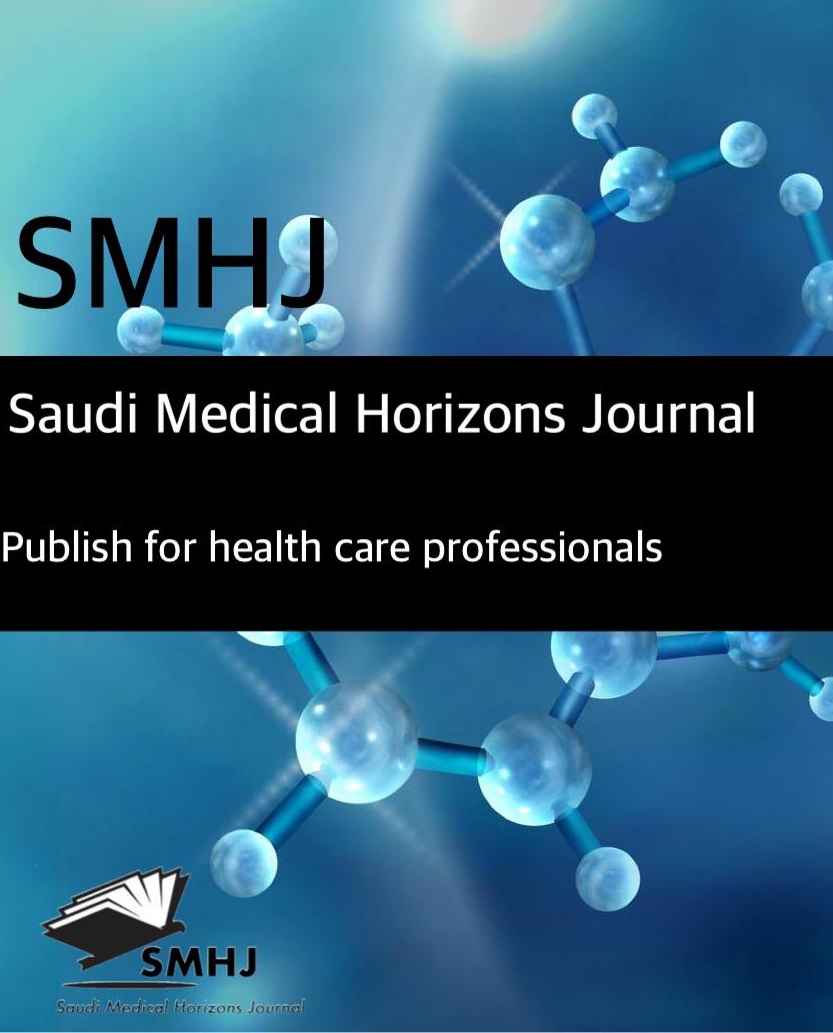The Bidirectional Relationship between Type 1 Diabetes and Depression according to Patient Health Questionnaire: A Systematic Review
DOI:
https://doi.org/10.54293/smhj.v5i1.125Keywords:
Acute stroke; Management; Pre-hospital delay; Systematic review.Abstract
The aim of this study is to examine the bidirectional type 1 diabetes (T1D) & depression relationship, using the Patient Health Questionnaire (PHQ) to measure depressive symptomatology. A total of 760 pertinent publications were found after a comprehensive search across four databases. 375 full-text publications were examined after duplicates were eliminated using Rayyan QCRI and relevance was checked; seven studies finally satisfied the requirements for inclusion. We included seven studies with a total of 2518 patients, and less than half of them 1112 (44.1%) were males. Emotional distress from managing T1D, along with chronic hyperglycemia, fatigue, and related complications, intensifies mental health challenges. Sociodemographic factors like age and disease duration, as well as biological mechanisms such as inflammation, further influence this interplay. These findings underline the importance of integrated care that simultaneously addresses both physical and psychological health in T1D patients. This review emphasizes the bidirectional relationship between T1D and depression, where depressive symptoms worsen diabetes outcomes, and managing T1D exacerbates mental health challenges. Using the PHQ as a reliable tool to measure depression, the findings highlight the need for an integrated treatment approach that includes routine depression screening, psychological therapies, and collaborative care among clinicians. Future research should prioritize longitudinal studies to explore causality and understand the biological mechanisms linking T1D and depression.



